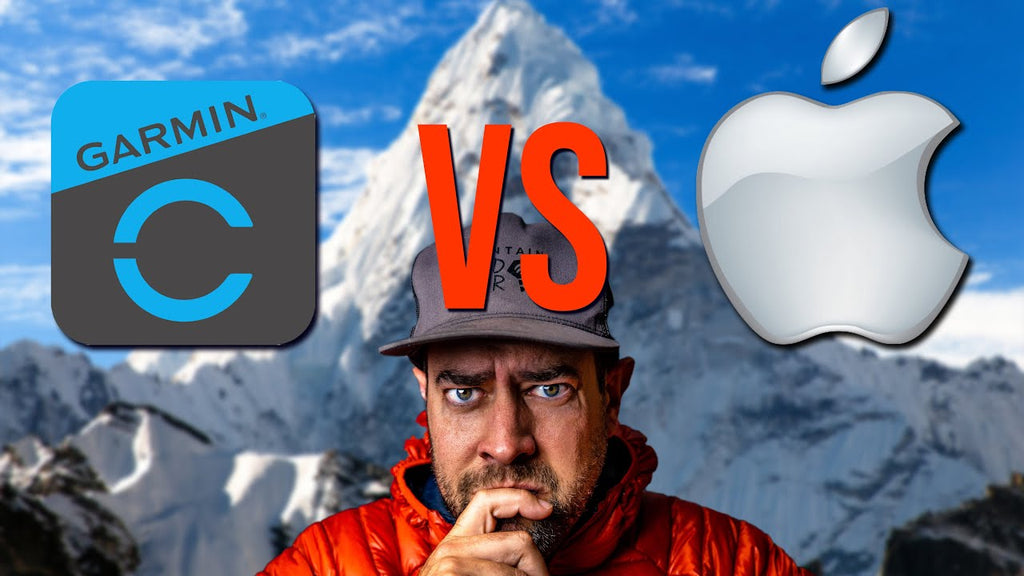Do I need to bring a GPS device when I'm camping?

As a kid, I remember getting lost at an event. I remember letting go of my friend’s hand for just a moment then suddenly, the waves of people made it difficult for me to find her family again. Clearly, I was found by some kind people who gave me to the police, who then found the people I came with, but it still scared me and my family. Getting lost can be scary, especially in the backcountry but having a way for people to find you can ease your mind if you need help. So, to answer the question in the blog post, all of us at Near Zero agree that taking a GPS device with you is an absolute must.
According to Hikers University, over 2,000 hikers get lost a year in the United States, and the biggest reason for this is that they wander off the trail. Keeping a GPS device on you can help you get back on track, and if you do end up getting lost, search and rescue teams can use them to find your locations before things turn for the worse.
So, what kind of GPS devices can you take next time you get outdoors?
A cell phone
Typically, if you're in the backcountry, you're trying to get as far away from your phone as possible. But that annoying little device could save your life. The new iPhone 14 and 15, and Androids, have a built-in GPS that allows you to share your location with “Find my device.” Be sure to share your location with a friend or family member before you lose service. When you lose service, your phone will automatically connect with a satellite that emergency service teams can use to track your location. And if you fall and get hurt, using the SOS feature on the new cell phones will alert emergency service teams. Cell phones allow you to communicate with rescue teams so you can tell them what you need exactly, and they can be prepared with the right equipment to help you.
A Garmin Inreach Mini
Depending on the plan you get when you purchase the GPS device, you can allow friends and family to track your location online and leave “breadcrumbs” in case you get lost. Garmin's system is all done via satellite so if you find yourself in an emergency, you can push the SOS button, and emergency service teams can locate you. The only downside with this device is the inability to communicate with loved ones and emergency teams.
A PLB (personal locator beacon)
These little guys are satellite distress beacons and can tell search and rescue teams your location. The downside to using a PLB is that they cannot receive messages, meaning that if you are in an emergency, you won't be able to alert anyone, know if someone is coming for you, or communicate with emergency services about your condition.
Our friend, Dan Becker, where he suggests downloading the app OnX Backcountry onto your phone because it can provide a map of your location even if you're out of range to prevent you from getting lost. If you have an older phone, the app gives you the ability to use a system similar to the SOS device, and still have the ability to communicate with people in an emergency. Check out his full video HERE.
Please take a GPS device with you so you're not the top story on the local evening news. We want you to have peace of mind while outdoors, and having a way for your loved ones and emergency teams to find you will help you rest easy in case an accident happens.



Leave a comment